SGGP
To turn Indonesia into a developed country by 2045, the government of President Joko Widodo has recently implemented a series of projects focusing on solutions towards green growth and a circular green economy .
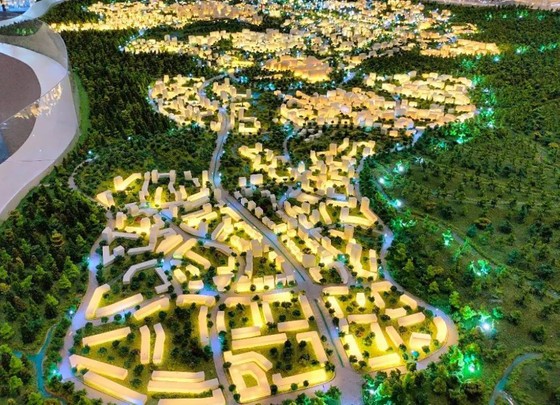 |
| Model of Indonesia's new capital Nusantara - the world's first capital with a forest city model. Photo: Antara |
Indonesia aims to reduce carbon emissions in the power sector by 250 million tons by 2030 and increase the proportion of electricity generated from renewable energy sources to 44%, according to the Just Energy Transition Partnership (JETP). The target announced on November 1 is part of Indonesia's Comprehensive Investment and Policy Plan (CIPP), which is designed to create a basis for the country to receive a $20 billion support fund from JETP.
JETP - a UK-led funding programme - brings together multilateral banks and private lenders from the Group of Seven (G7) leading industrialised nations - with equity investments, grants and concessional loans, aimed at helping developing countries transition to cleaner energy in their power sectors. JETP's focus is on ensuring a fair transition away from fossil fuels.
The green economy that Indonesia aims to promote job creation and green investment must be implemented with the combined strength of different parties to mobilize investment, both with the business community and local governments. Green investment in the circular economy can create 4.4 million new jobs in the country by 2030, of which about 75%, equivalent to 3.3 million jobs, for women.
In addition to creating jobs, green investment in a circular economy could also increase Indonesia's gross domestic product (GDP) by Rp 638 trillion by 2030.
On November 1, in the plan to build the new capital Nusantara to become the world's first capital with a forest city model, surrounded by lush tropical forests, Indonesian President Joko Widodo announced a plan to build a green, environmentally friendly hospital.
Approximately 20% of the total land area of the hospital is covered with trees and medicinal plants for medical treatment. When it is expected to be operational from the second quarter of 2024, this will be the second hospital built in the new capital, based on the criteria of being environmentally friendly, supporting the acceleration and development of Nusantara.
Envisioned as a green and smart global city, the Nusantara Capital megaproject is central to President Widodo's vision to bring Indonesia into the ranks of developed nations and fulfill his commitment to become carbon neutral by 2060.
On October 31, Indonesian Forestry Ministry Secretary General Bambang Hendroyono said that about 200,000 hectares of oil palm discovered in forested areas will be returned to the state for re-conversion into forests and this number may increase.
Without implementing a green economy, Indonesia's per capita income will not reach the desired target of $12,000 or $13,000, which is unlikely to help Indonesia escape the middle-income trap and become a developed country by 2045. Therefore, the Indonesian government has set an ambition to pursue an average economic growth rate of 6% per year, one of which is through a green and low-carbon economy.
Source



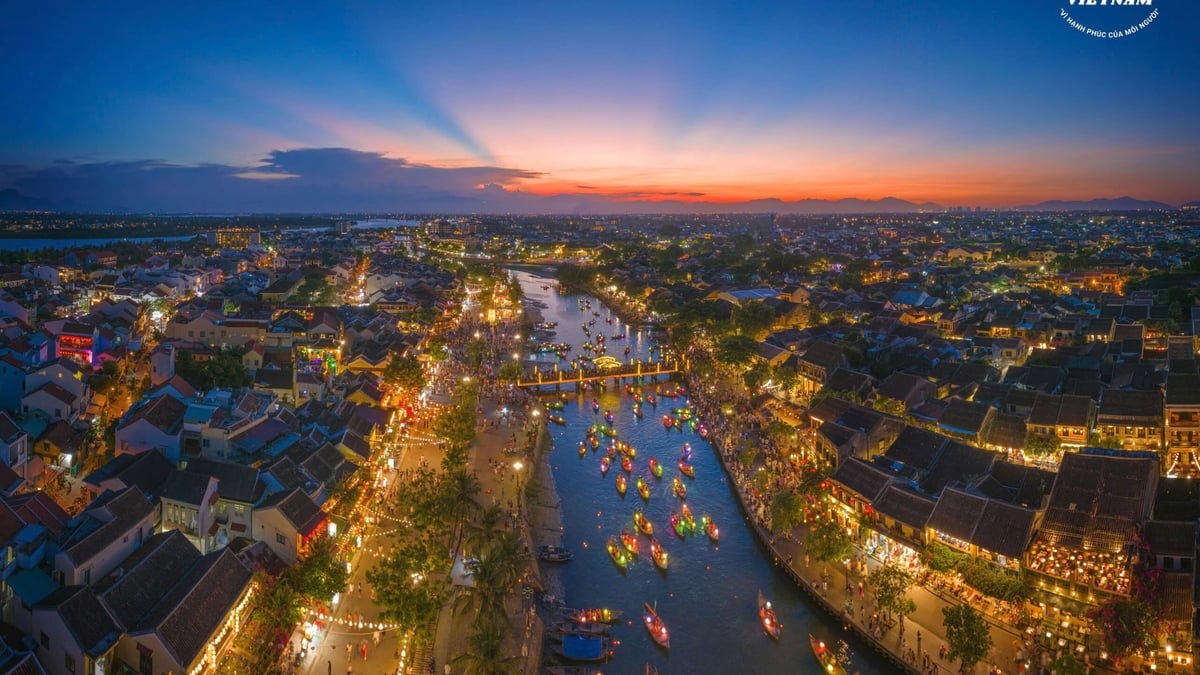

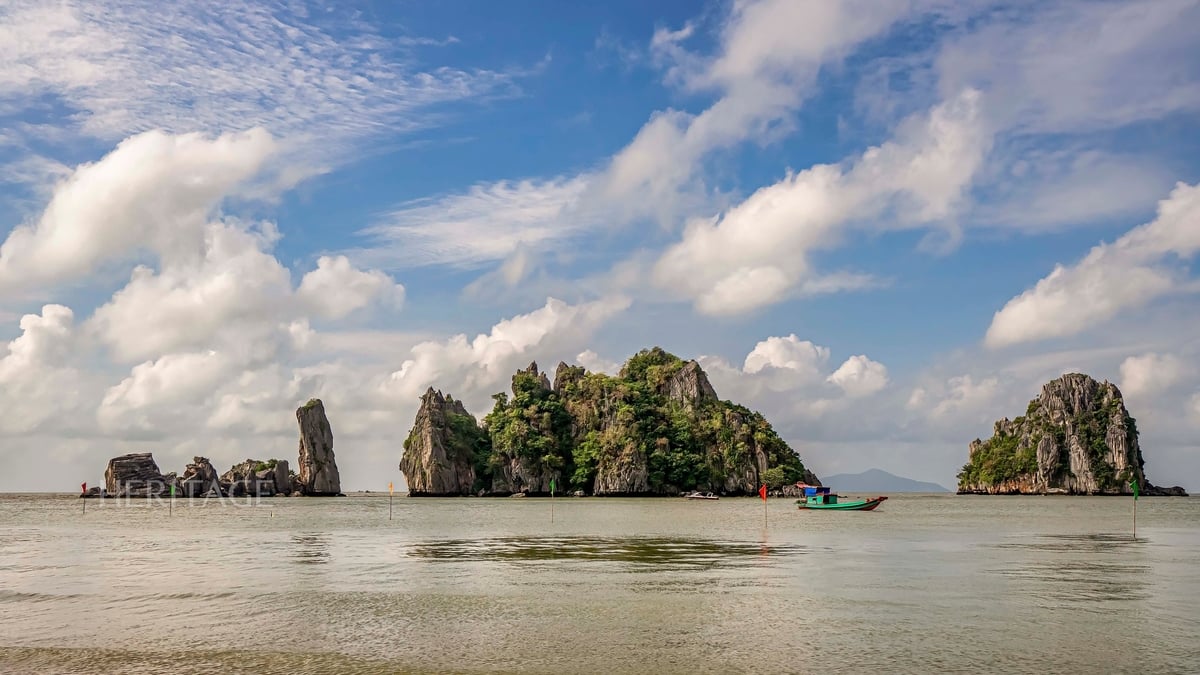

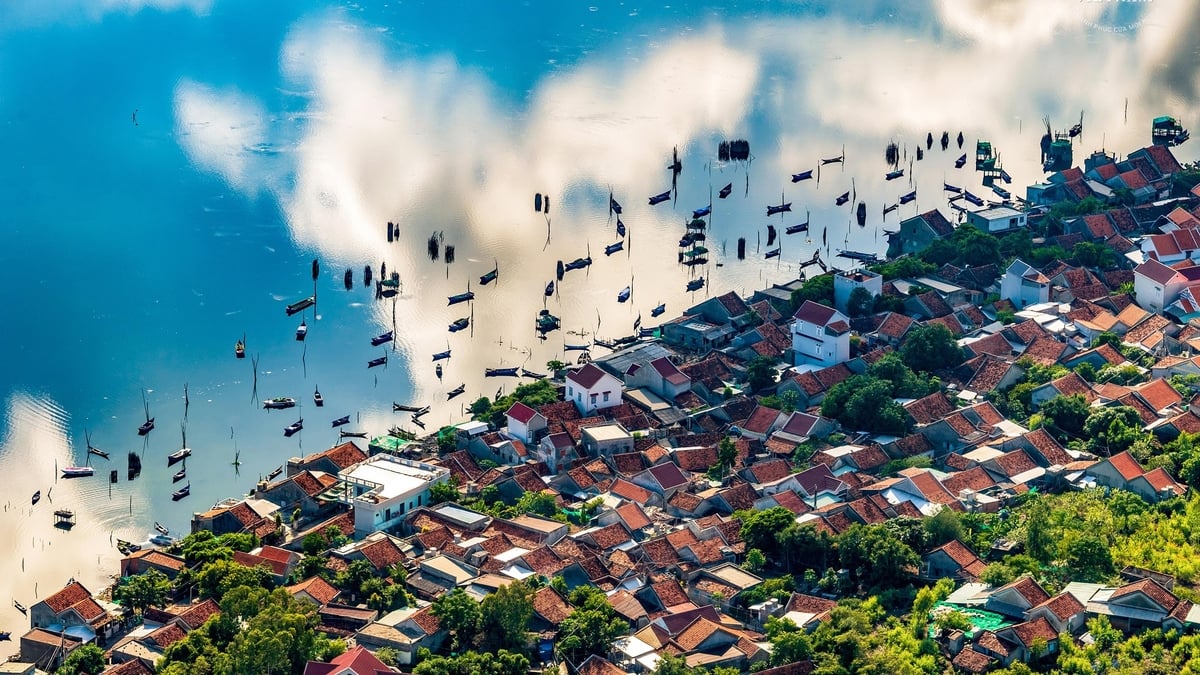


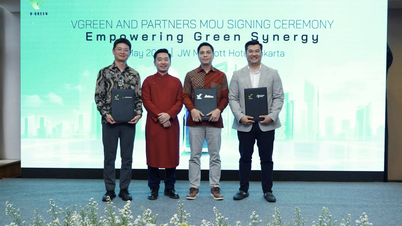







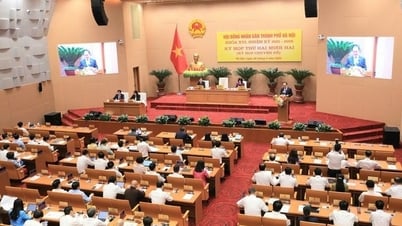

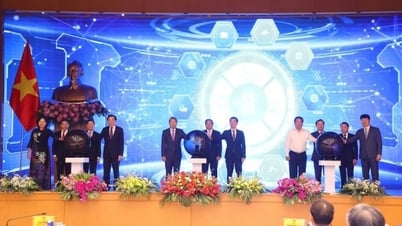

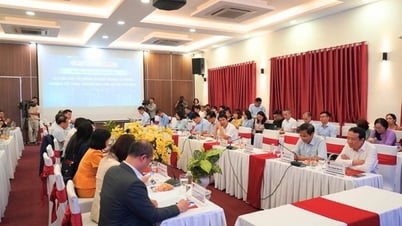
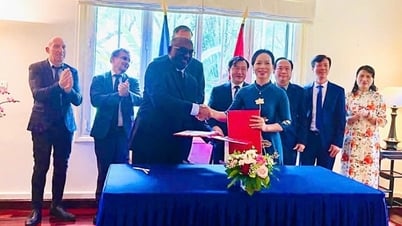






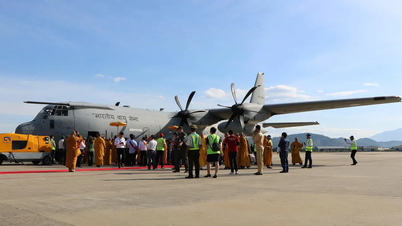
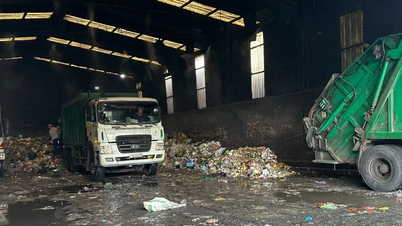
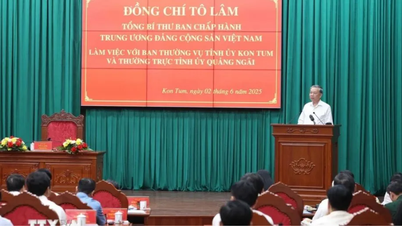
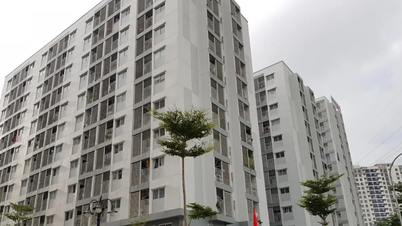

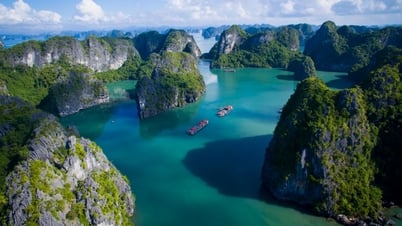



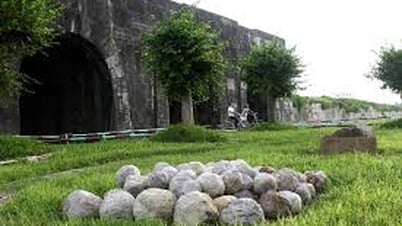





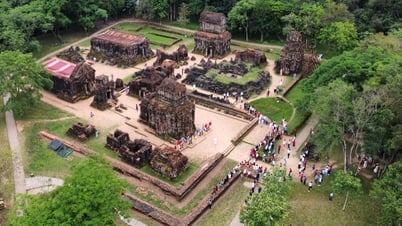
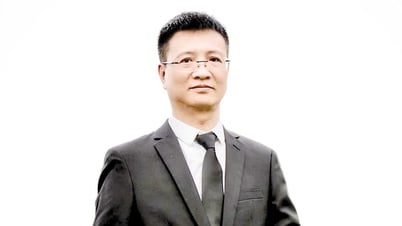




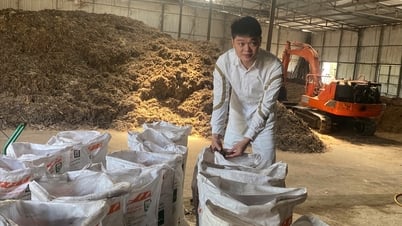





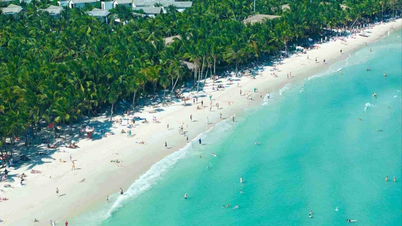




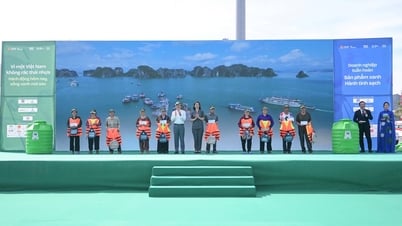

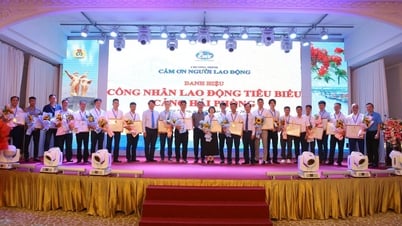
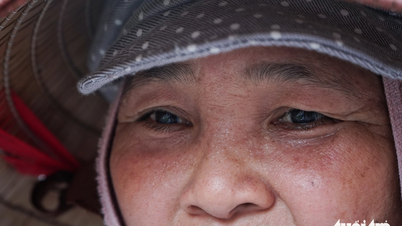
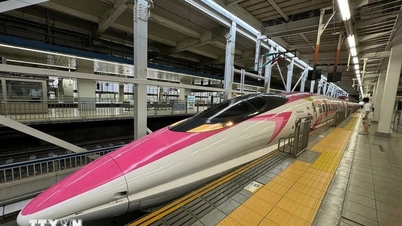


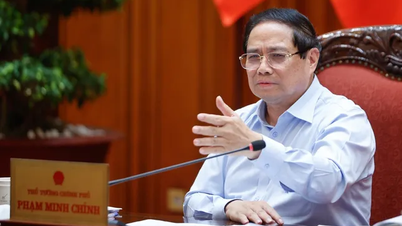

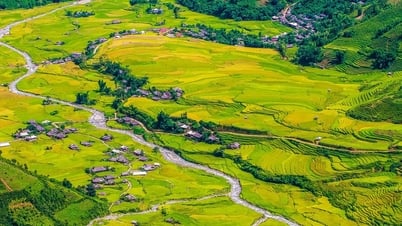



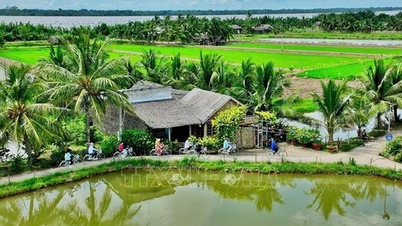

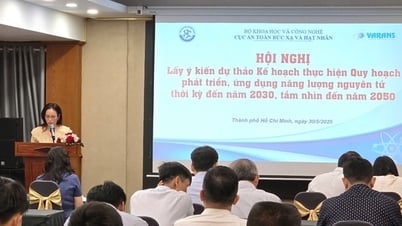



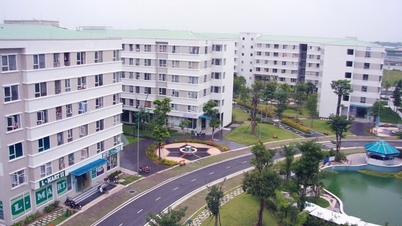

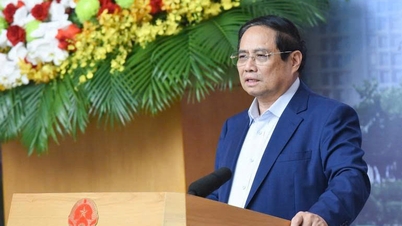


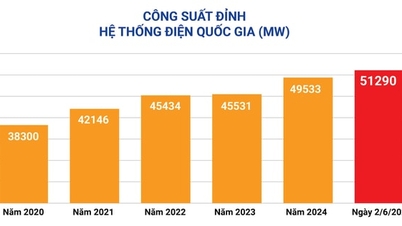














Comment (0)